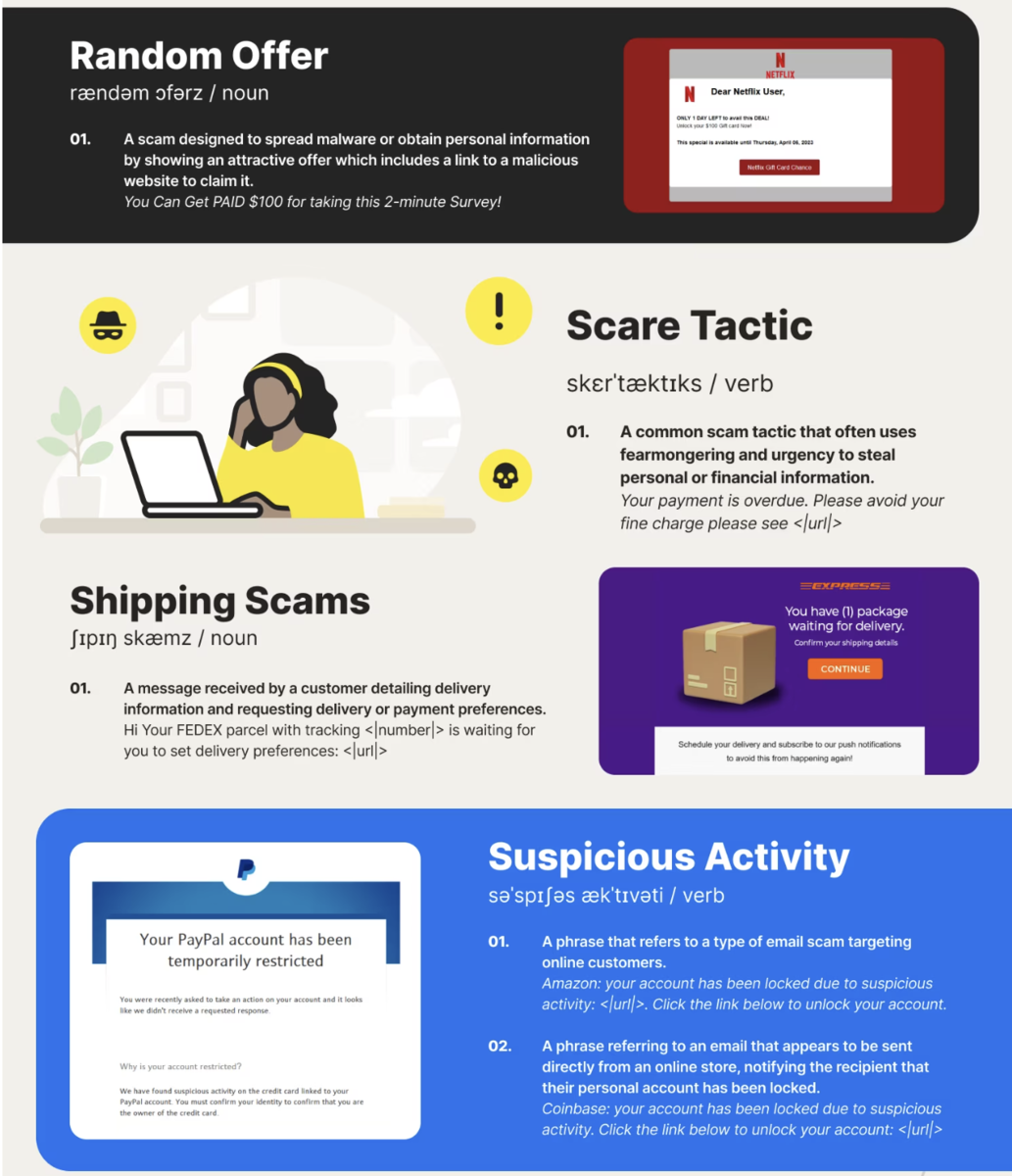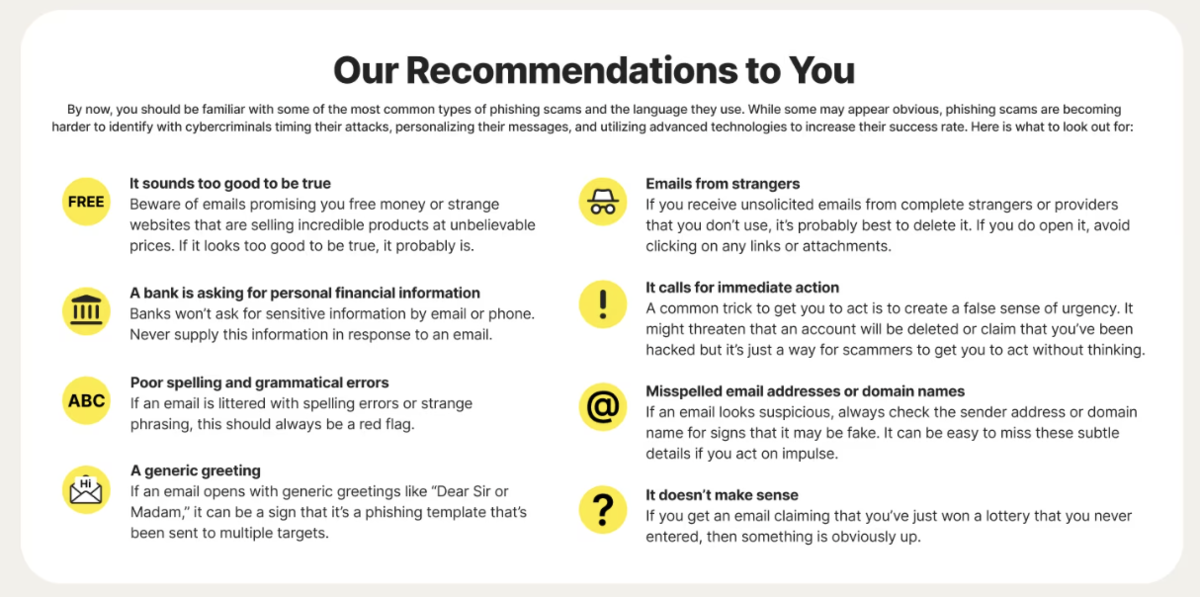Phictionary: the key methods phishing scammers use
We are in the middle of a 'scamdemic' with reported financial losses from online scams and phishing attacks reaching record levels in most countries.
Nigel Latta's You've Been Scammed documentary series currently running on TVNZ1 and available on-demand on TVNZ+ highlights the scamming industry and the social engineering tools they use to dupe people into handing over sensitive information that can lead to their email and social media accounts, as well as their bank accounts being exploited.
“Consumers are at the center of modern-day cybercrime," says Michal Pechoucek, Chief Technology Officer at Gen, maker of the Norton security software.

"Today, attacks that abuse flaws in the human psyche are outnumbering attacks targeting flaws in software and systems, and this means the approach to Cyber Safety needs to change."
Consumers are on the frontline of phishing attacks. Fire out enough scam emails and text messages and you'll eventually fool enough people to make your shotgun approach work. But Latta also told me recently that understanding the psychology and methods of scammers is very important for business leaders trying to make sure their employees don't expose sensitive data by falling for the same techniques.
Norton has just published its Phictionary, outlining the key types of phishing attack scams - it claims phishing is now responsible for two-thirds of "all cyber attacks worldwide".
“It is no longer enough to protect only our devices; we must protect the individual from all forms of online manipulation t
hat intend to steal personal information or spread malware. Artificial intelligence (AI) plays a huge role in this, but so does the human factor of online safety through education," says Pechoucek.
"We created Phictionary as part of our ongoing efforts to inform people about the latest developments in cybercrime, and hope that it will help to alleviate human error to improve online safety.”

See the full range of phishing scam examples by downloading Norton's Phictionary.
